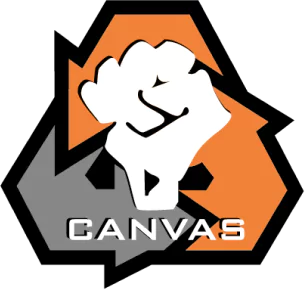Feb 1, 2018-2018
Brazil
Black Stroll
Share
ACTIVISTS/ACT.GROUPS/DESCRIPTION OF THE GROUP
Colectivo Preto
TARGET
Brazilian Government; Brazilian Elite
WIDELY HELD BELIEF
Afro-Brazilians have a right to take up space, and enjoy the 3rd spaces that are non-existent in lower income areas. They should not be held excluded from shopping centers on the pigment of thier skin.
CASE NARRATIVE
Issue and Opponent: Brazil’s economic growth in recent decades has left sharp economic disparities to grow between the rich and poor. Brazil’s shopping centers, located in higher-income areas, hardly ever observe black Brazilians as customers. Only 7% of professionals in the nation come from African ancestry, thus proving that Afro-Brazilians have unequal access to vital resources needed to move up the economic ladder. Segregated societies have become the norm in Brazil and this norm has led to a multitude of issues observed throughout the nation. It was a widely held belief that Afro-Brazilians should have a right to take up space and enjoy 3rd spaces that are non-existent in lower-income areas.
Dilemma Action: In 2018, in Rio de Janeiro, Brazil, nearly 50 young black Brazilians dressed sharping in African designs walked into one of Brazil’s most exclusive shopping malls to watch the film “Black Panther”. Normally, this would just be another example of diversity and inclusion, but in this case, it is one of activism. These 50 young Afro-Brazilians had to courage to show up and take up space in an environment that has been intentionally excluding them. This act was called a “rolezinho preto” translating to “black stoll”, an act that has evolved as a form of protest in Brazil since 2014. Previous similar acts have resulted in black and brown teens being specifically excluded from shopping malls, and in some cases were met with rubber bullets and tear gas. This action was rooted in a human rights struggle, as people were being excluded from shopping centers based on the pigment of their skin.
Outcomes: None of the moviegoers were detained or stopped from entering the shopping mall in this case. The mall section and police forces couldn’t have removed these actors from this movie theater, as they abided by all commercial and social norms required by shopping centers. Forced removal of these actors could have been viewed as an over-policing measure and direct exclusion of Afro-Brazilians.
PRIMARY STRUGGLE/GOAL
NONVIOLENT TACTICS USED
DA TACTICS USED
Sit-in
CASE NARRATIVE WRITER
SUCCESS METRICS
6 / 12
(MC) Media Coverage
(PS) Dilemma action built sympathy with the public
(PUN) Punishment favored the activists
(REFR) Dilemma action reframed the narrative of the opponent
(RF) Dilemma action reduced fear and/or apathy among the activists
(SA) Dilemma action appealed to a broad segment of the public
PART OF A LARGER CAMPAIGN
3 / 3
Activist group continued working together after the action
Encouraged more participants to join the movement
Internally replicated by the same movement
RESOURCES
Project documentation
Dilemma Actions Coding Guidebook
Case study documentation
Dilemma_Actions_Analysis_Dataset
SOURCES
Goncalves, Juliana. 2018. ““BLACK PANTHER” IS INSPIRING BLACK BRAZILIANS TO OCCUPY ELITE, WHITE SHOPPING MALLS
They were met with stares and security guards,” The Intercept. Retrieved July 23, 2023. (https://theintercept.com/2018/02/22/black-panther-brazil-protest/).
Poets, Desiree. 2014. “Brazil’s Rolezinhos: Shopping Malls as Instruments of Geographic Inclusion,” Retrieved July 23, 2023. (https://rioonwatch.org/?p=18600).
https://www.dw.com/en/little-rolls-swing-through-brazilian-malls/a07380737. Accessed April 15, 2022.
Related cases
Jan 25, 2016-2016
Egypt
Issue/Opponent: Egyptian authorities initiated a “police day” in the country to honor all their police officers on January 25th. That day also marked the f...
/
Nov 1, 2020-2020
Thailand
Protests started in Thailand in July 2020, seeking the removal of Prime Minister Prayuth Chan-ocha and demanding reform of the Thai monarchy. November 17’s demonstrati...
/
Jul 21, 1931-1931
Chile
Due to the economic crisis, President Carlos Ibanez Del Campo had total authority to combat the economic depression. He increased taxes, decreased government wages, an...
/
Subscribe to our newsletters to get full access to all materials on our website.

